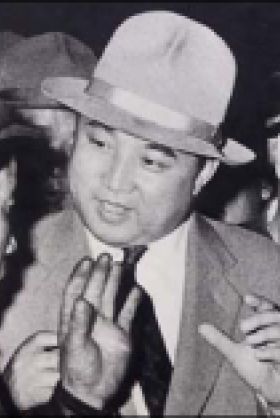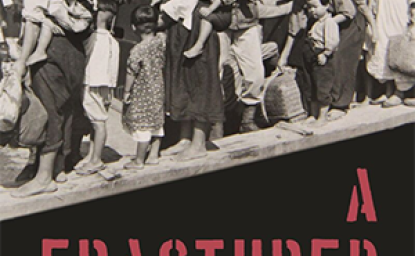New East German and Soviet Evidence on North Korean Support to South Korean Political Parties and Labor Unions




New East German and Soviet Evidence on North Korean Support to South Korean Political Parties and Labor Unions
by James F. Person
It is a well-known fact that despite national division and legal restrictions in South Korea, North Korea has succeeded in maintaining connections with, and has provided support for pro-northern elements in, South Korea. In 2010, NKIDP made headlines with the release of a collection of (East) German STASI files detailing established diplomatic procedures for transiting South Korean citizens through the German Democratic Republic to Pyongyang for meetings with Korea Workers’ Party officials.[1]
Newly translated German and Russian documents from 1960 provide additional evidence of North Korean political and material support to South Korean political parties, labor unions, and student groups. The documents also shed additional light on Kim Il Sung’s 1960 proposal for an inter-Korean confederation as an interim measure toward unification.
Records of an August 1960 meeting between the Soviet and East German ambassadors to North Korea, obtained by NKIDP from Russian and German archives, indicate that Pyongyang maintained ties with, and even provided material support to, the Socialist Mass Party (Sahoe taejungdang), trade unions, and student groups based in Seoul, Busan, and Masan. Members of these groups reportedly even travelled illegally to Pyongyang in August 1960 to celebrate the 15th anniversary of Korea’s liberation from Japan and to hold meetings with the leadership of the Korean Workers’ Party (KWP).
The newly translated documents also reveal details about North Korea’s polices toward inter-Korean relations. In addition to publicly calling for the establishment of an inter-Korean confederation, under which both countries would maintain their political systems, the North Korean leadership also sought to broaden its connections inside of South Korea through “organized bases” of the working class and young people. The KWP had also established a special office for relations with South Korea, featuring three departments tasked with overseeing direct ties with the South, agitation and propaganda, and Japanese-South Korean ties.
The conversation between the Soviet and East German ambassadors also reveals new details about North Korean development strategies and about tensions in Sino-DPRK relations.
James F. Person is the Senior Program Associate for the History and Public Policy Program and coordinator of the North Korea International Documentation Project. He is currently completing a PhD in Korean history at the George Washington University, working on a dissertation on North Korea's relations with the Soviet Union and China from 1956-1962.
List of Documents
DOCUMENT No. 1
Note about a Conversation in the Soviet Embassy with Comrade Puzanov
30 August 1960
DOCUMENT No. 2
Journal of Soviet Ambassador to the DPRK A.M. Puzanov for August 25 1960
25 August 1960
[1] “NKIDP documents obtained from East Germany's STASI archive featured in Donga Ilbo article on clandestine South Korean members of the Korean Workers' Party,” April 16, 20120.
Author

Professor of Korean Studies and Asia Programs, JHU SAIS; Senior Fellow, Foreign Policy Institute, SAIS

North Korea International Documentation Project
The North Korea International Documentation Project serves as an informational clearinghouse on North Korea for the scholarly and policymaking communities, disseminating documents on the DPRK from its former communist allies that provide valuable insight into the actions and nature of the North Korean state. Read more


Cold War International History Project
The Cold War International History Project supports the full and prompt release of historical materials by governments on all sides of the Cold War. Read more


Hyundai Motor-Korea Foundation Center for Korean History and Public Policy
The Center for Korean History and Public Policy was established in 2015 with the generous support of the Hyundai Motor Company and the Korea Foundation to provide a coherent, long-term platform for improving historical understanding of Korea and informing the public policy debate on the Korean peninsula in the United States and beyond. Read more




